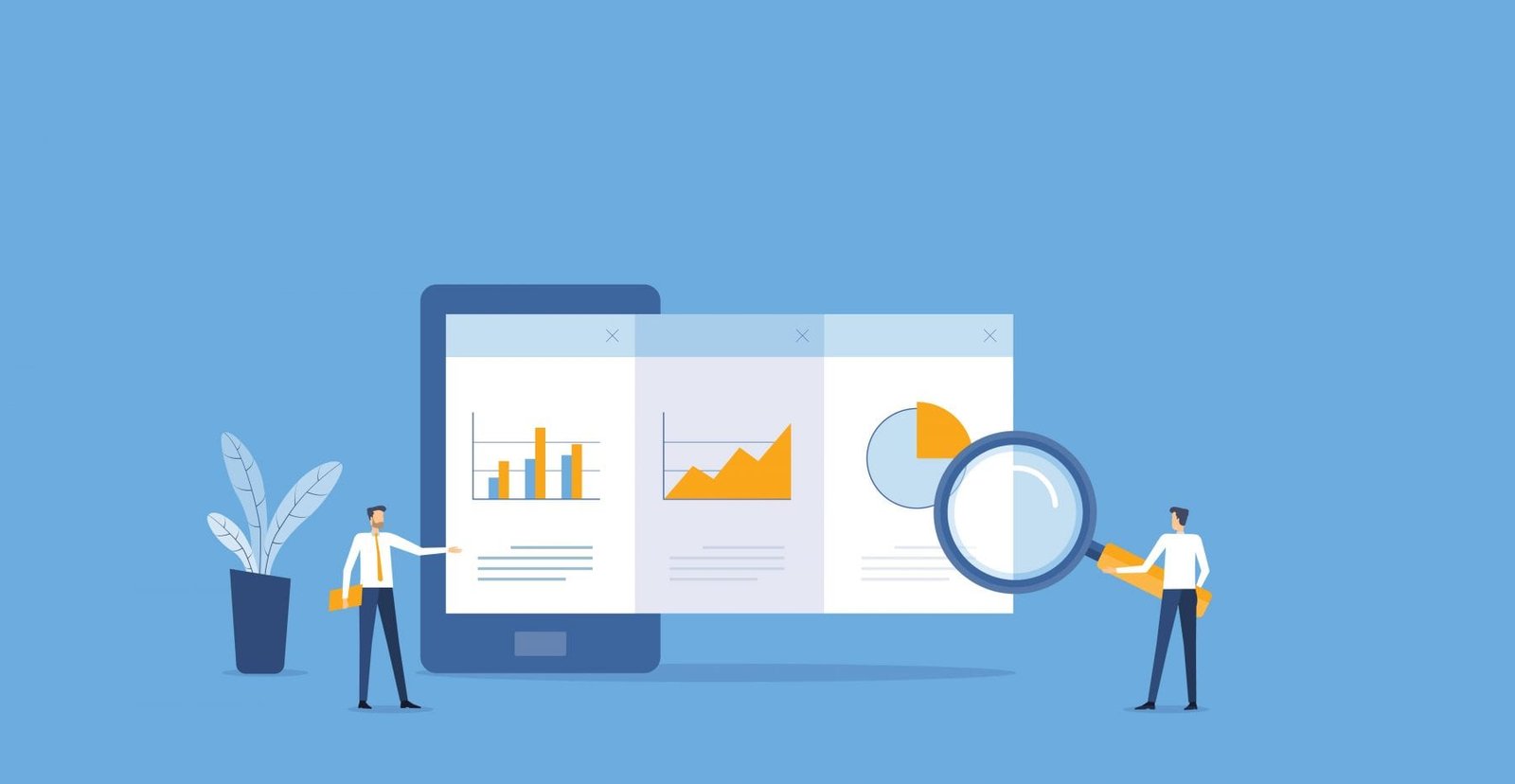How to Maintain and Update Your Website Post-Launch
Launching a website is a significant milestone, but it’s just the beginning of your digital journey. To ensure your site remains effective, secure, and up-to-date, ongoing maintenance and updates are crucial. This guide will walk you through the best practices for maintaining and updating your website post-launch, helping you maximize its performance and longevity.
1. Regular Backups
Importance: Regular backups are essential to safeguard your website’s data against unexpected failures, cyberattacks, or accidental deletions.
Best Practices:
- Automated Backups: Set up automated backups to ensure your website data is regularly saved without manual intervention.
- Frequency: Perform daily or weekly backups depending on your website’s activity level.
- Storage: Store backups in multiple locations, such as on a remote server and a local drive, to ensure data recovery in case of emergencies.
2. Update Software and Plugins
Importance: Keeping your website’s software and plugins up-to-date ensures security and functionality, protecting against vulnerabilities and improving performance.
Best Practices:
- Regular Updates: Check for updates regularly and apply them promptly to your content management system (CMS), themes, and plugins.
- Compatibility: Ensure updates are compatible with your website to avoid conflicts or functionality issues.
- Testing: Test updates in a staging environment before applying them to your live site to prevent disruptions.
3. Monitor Website Performance
Importance: Monitoring your website’s performance helps identify and address issues that could affect user experience and SEO rankings.
Best Practices:
- Speed Testing: Use tools like Google PageSpeed Insights to regularly check your site’s loading speed and identify areas for improvement.
- Uptime Monitoring: Implement an uptime monitoring service to alert you of any downtime, allowing you to address issues promptly.
- Analytics: Regularly review website analytics to understand user behavior, traffic patterns, and performance metrics.
4. Content Updates
Importance: Fresh and relevant content keeps your audience engaged and improves your website’s SEO, helping you rank higher in search engine results.
Best Practices:
- Blog Posts: Regularly publish new blog posts on relevant topics to attract and engage your audience.
- Content Review: Periodically review and update existing content to ensure it remains accurate and up-to-date.
- SEO Optimization: Optimize new and existing content for SEO by incorporating relevant keywords, meta descriptions, and alt text for images.
5. Security Measures
Importance: Implementing robust security measures protects your website from cyber threats, safeguarding your data and maintaining user trust.
Best Practices:
- SSL Certificate: Ensure your website has an SSL certificate to encrypt data and protect user information.
- Firewall: Use a web application firewall (WAF) to block malicious traffic and protect against common threats.
- Security Plugins: Install security plugins that provide features such as malware scanning, brute force protection, and two-factor authentication.
6. User Experience (UX) Enhancements
Importance: Continuously improving the user experience ensures visitors have a positive interaction with your site, leading to higher engagement and conversion rates.
Best Practices:
- Navigation: Ensure your site’s navigation is intuitive and easy to use, with clear menus and internal links.
- Mobile Optimization: Regularly test and optimize your site for mobile devices to provide a seamless experience for all users.
- Accessibility: Make your website accessible to all users, including those with disabilities, by following web accessibility guidelines.
7. Technical SEO Maintenance
Importance: Maintaining technical SEO ensures your website remains search engine-friendly, improving visibility and rankings.
Best Practices:
- XML Sitemaps: Update your XML sitemap to reflect changes to your site’s content and structure.
- Broken Links: Regularly check for and fix broken links to improve user experience and avoid SEO penalties.
- Robots.txt: Ensure your robots.txt file is properly configured to control how search engines crawl and index your site.
8. Engage with Your Audience
Importance: Engaging with your audience builds a loyal community and provides valuable insights into their needs and preferences.
Best Practices:
- Comments and Feedback: Encourage and respond to comments and feedback on your blog posts and social media channels.
- Email Newsletters: Send regular email newsletters to keep your audience informed about new content, updates, and promotions.
- Social Media Integration: Integrate social media sharing buttons on your website to facilitate content sharing and increase reach.
9. Conduct Regular Audits
Importance: Regular audits help identify and address potential issues before they become major problems, ensuring your website remains in optimal condition.
Best Practices:
- SEO Audits: Conduct SEO audits to identify and fix issues affecting your search engine rankings.
- Content Audits: Perform content audits to assess the quality and relevance of your existing content.
- Performance Audits: Regularly audit your website’s performance to identify areas for improvement and ensure optimal speed and functionality Website Post.
10. Plan for Scalability
Importance: Planning for scalability ensures your website can handle increased traffic and growing demands without compromising performance.
Best Practices:
- Hosting: Choose a scalable hosting solution that can accommodate traffic spikes and future growth.
- Database Optimization: Regularly optimize your database to improve performance and reduce load times.
- Code Optimization: Ensure your website’s code is clean and efficient to enhance performance and scalability.
From Idea to Launch: Kabira Web’s Web Design Journey
Conclusion
Maintaining and updating your website post-launch is a continuous process that requires attention to detail and a proactive approach. By following these best practices, you can ensure your website remains secure, user-friendly, and optimized for search engines.Website Post Regular maintenance not only protects your investment but also enhances user experience, drives traffic, and supports your business goals. At KabiraWeb, we’re committed to helping you keep your website in top shape, providing ongoing support and expertise to ensure your online success.


